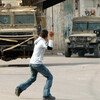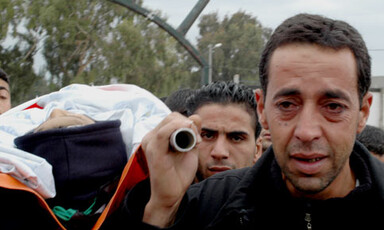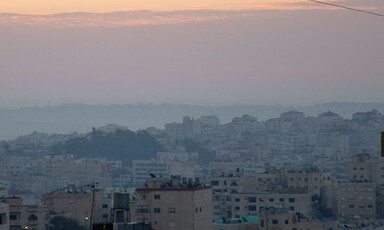
Gunmen break into Rafah elections office
14 November 2005
A group of armed men broke into the Central Elections Commission office in Rafah and prevented the functioning of the office. According to fieldworkers of Al Mezan Centre for Human Rights, three persons armed with automatic rifles broke into the Rafah branch of the Central Elections Committee office, located in Ottoman Ibn Affan, near Najma junction in the Shabura area. The armed group gave the workers one hour to finalize their work, after which they closed the office. A statement was issued by the group, in the name of the “Islamic Army”, stating without specifically targeting the Central Elections Committee that the office was being closed down for being a place of corruption. Read more about Gunmen break into Rafah elections office








